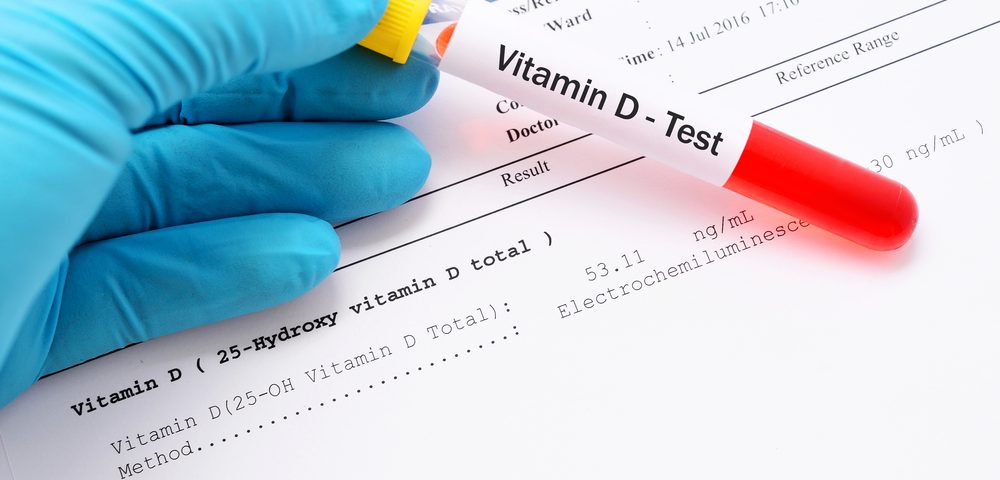A high concentration of the major circulating form of vitamin D — also known as 25[OH]D or calcifediol — correlates with high risk of prostate cancer, found researchers at the First Hospital of Jilin University in Changchun, China.
Their study, “Circulating vitamin D concentration and risk of prostate cancer: a dose–response meta-analysis of prospective studies,” appeared in the journal Therapeutics and Clinical Risk Management.
The scientific community seems to lack consensus about the association between vitamin D levels and prostate cancer.
Some studies link low circulating vitamin D levels to an increased risk of prostate cancer, suggesting vitamin D exerts a protective role. Others have found no direct relationship between 25[OH]D and prostate cancer.
The Chinese team, seeking definitive answers, performed a literature search that included 19 prospective cohort or nested case–control studies, to determine if vitamin D levels influenced prostate cancer incidence.
It found that higher 25[OH]D levels were significantly correlated with a high risk of prostate cancer; it also found a modest dose-response effect. Indeed, for each 10 ng/ml increase in 25[OH]D levels, the risk of prostate cancer rose by 4 percent.
The fact that 12 studies included more than 300 prostate cancer cases decreases the risk of potential bias due to small sample size.
“Because all the included studies were done in developed countries and most studies were done in Western countries, the findings could not be generalized to other countries from different ethnicities,” researchers note. “There was only one study with small sample size from Asian countries. Participants in studies conducted in the USA were mostly white, and only one study with moderate sample size” had multiple ethnicities.
Despite this study’s significant results, more research is still needed, said researchers — urging that future studies focus on the relationship between circulating vitamin D levels and prostate cancer in distinct ethnicities.

